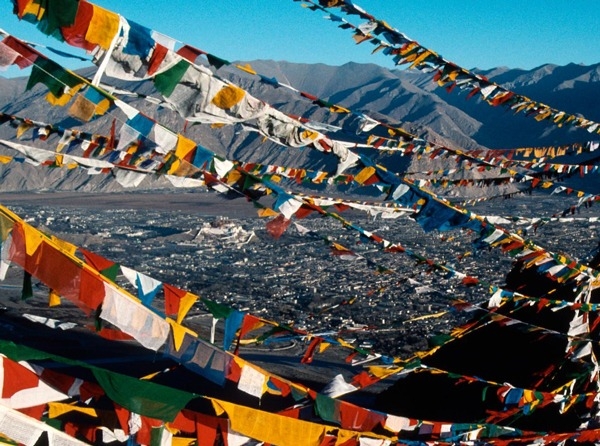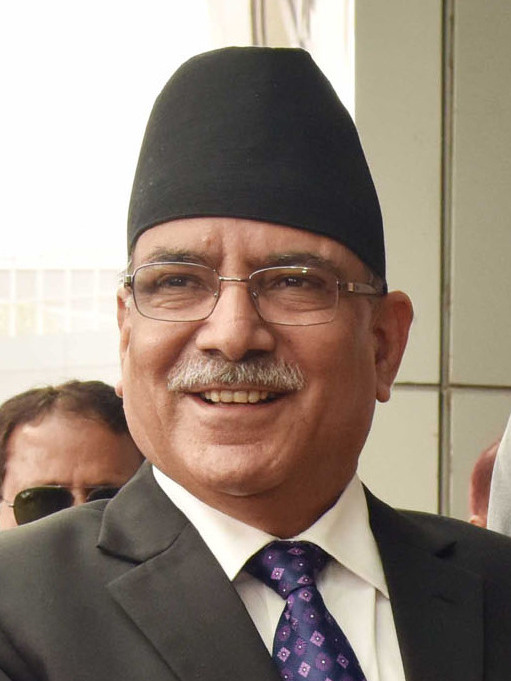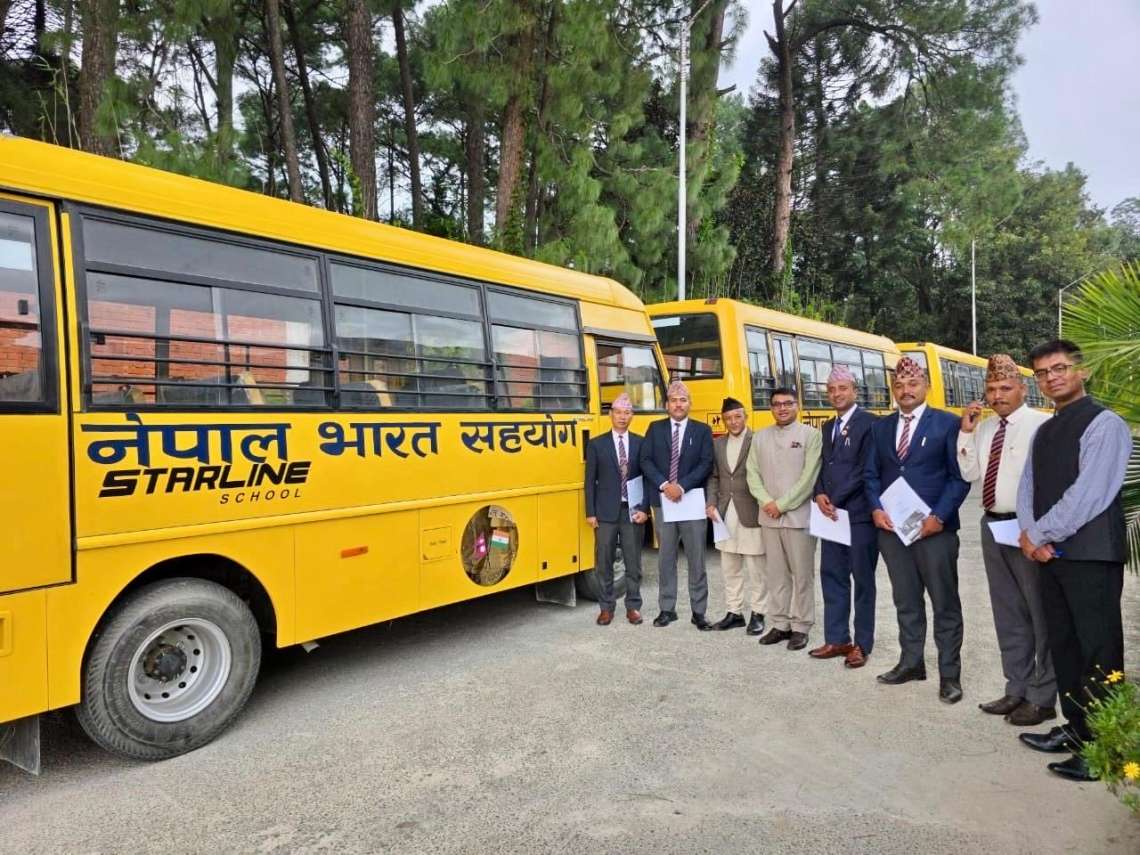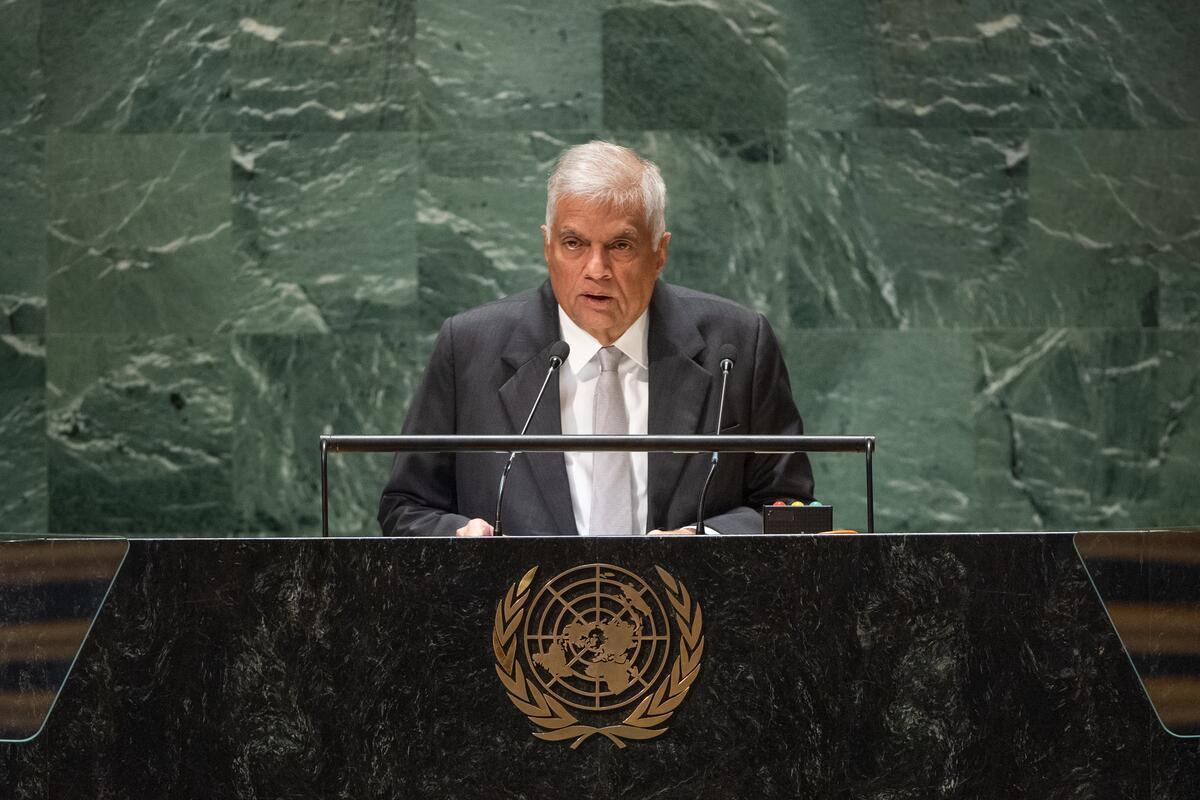PM Pushpa Kamal Dahal will also address the China-Nepal Investment Summit jointly organized by CCPIT and FNCCI and the Nepali Embassy in Beijing….reports Asian Lite News
Nepal Prime Minister Pushpa Kamal Dahal will visit China at the invitation of Chinese Prime Minister Li Qiang from September 23-30, this year, according to the release from Nepal’s Ministry of Foreign Affairs.
The Nepal Prime Minister will be accompanied by his daughter Ganga Dahal, Narayan Prakash Saud, Minister for Foreign Affairs, Mahindra Ray Yadav, Minister for Water Supply, Prakash Jwala, Minister for Physical Infrastructure and Transport, Shanker Das Bairagi, National Security Advisor, Min Bahadur Shrestha, Vice-Chairman of the National Planning Commission, and other senior government officials as well as representatives from business community.
Quoting the press release, during his visit, the Nepal PM will also meet Chinese President Xi Jinping in Hangzhou and will also have bilateral meetings with his Chinese counterpart Li Qiang and Chairman of the Standing Committee of the National People’s Congress, Zhao Leji in Beijing.
PM Pushpa Kamal Dahal will also address the China-Nepal Investment Summit jointly organized by CCPIT and FNCCI and the Nepali Embassy in Beijing.
The release added that the Nepal PM will attend the opening ceremony of the 19th Asian Games in Hangzhou on 23 September and will visit Chongqing Municipality to observe the agricultural and industrial advancement of China. He will also visit Lhasa, Tibet Autonomous Region of China that borders Nepal.

Tibet border closure affects livelihoods
Since the closure of the border between Nepal and Tibet, the livelihoods of the people residing there have been adversely affected.
According to The Kathmandu Post, when border closures were brought on by the coronavirus outbreak, all of China’s borders with Nepal were closed, including the Urai border crossing in Sudurpaschim Province’s Bajhang, a mountain district, which had a severe impact on residents like Kalu Dhami who depend on trade across the border.
One of the locals, Kalu Dhami, a sheep farmer continues to travel to the Urai border crossing with his flock and gifts of pulses and maize flour for his pals on the other side of the border in the hopes that the Chinese government will permit him to enter Tibet. The Urai border, however, is still impassable, according to the border patrol, who sent him back.
The border closure has had a significant impact on both transnational trade and animal husbandry.
Locals like Dhami sold local goods from Nepali villages with traders in Tibet, including barley, uwa (naked barley), Sichuan pepper, and lentils. They would return from the Tibetan market with products to sell in the countryside.
Most houses in the rural municipalities of Saipal, Talkot, Mashta, Khaptadchhanna, Durgathali, Bungal, and Jayaprithvi have long-standing good relationships with Tibetans.
Before the Jayaprithvi Highway connected Bajhang and Tarai, the only place where residents could purchase necessities like salt and wool was in Tibet. According to Rajendra Dhami, the previous chairman of Saipal Rural Municipality, their commerce led to lifetime friendship, reported The Kathmandu Post.
“The relationships that started with trade had evolved into deep friendships. The Tibetan people would come to the villages in Bajhang to meet their friends. They brought salt and wool that they sold to the locals. They returned home with local produce from Bajhang,” said Rajendra.
“There was a cross-border movement of Bajhangis and Tibetan people before the Nepal-China border was closed.”
Along with trade, the closure of the border has had a significant impact on Nepali people’s ability to find seasonal work, which was their main source of income. Many Nepalis used to travel to Tibetan cities and communities to work as day labourers. They held jobs as farm labourers, construction workers, and porters. They made between 150 and 300 yuan per day (1 yuan is equal to about Nepali Rs. 18).
The Silk Road is thought to include the border crossing at Urai. Through this route, Nepal and Tibet enjoyed strong commerce, cultural, and religious ties.
“There were positive interpersonal relationships. The issue of the ongoing border closure should be discussed between the two nations, The Kathmandu Post quoted expert Ratan Bhandari as saying.
The government, according to the locals, has shown little interest in reinstating the border checkpoint. (ANI)














